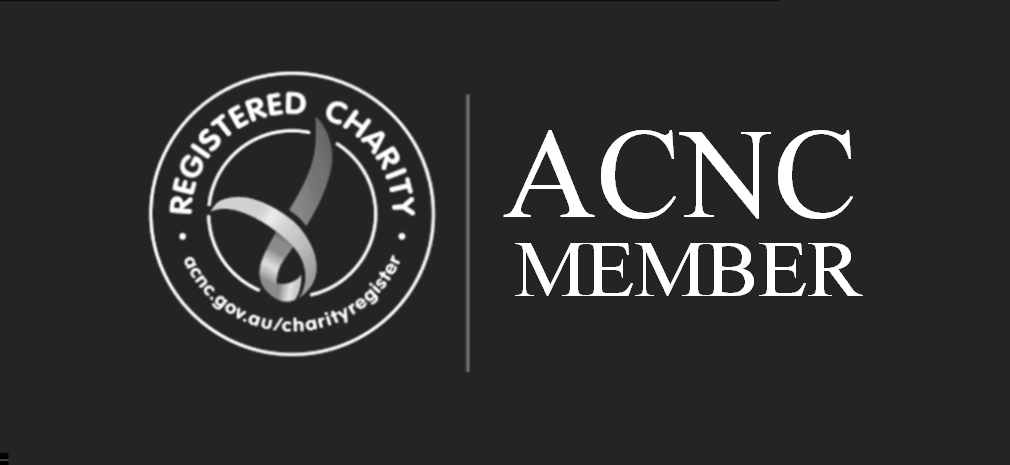
Photo courtesy Freightwaves.
It’s sometimes hard to comprehend the speed at which COVID-19 has spread within Australia and around the world – it’s just four weeks since the virus spread was declared a pandemic. During that time two container loads of medical equipment and supplies shipped for DAISI to Sopas District Hospital have arrived in Papua New Guinea, but what options for shipping remain over the coming weeks?
.
The extent to which freight movements have been affected depends on the mode of transport. Air freight, most of which is carried on passenger aircraft, is severely restricted owing to the suspension of most international flights by Qantas, Virgin and the airlines of neighbouring countries. Pacific Air Express continues to operate a dedicated freighter service from Brisbane to the Solomon Islands, Papua New Guinea and Vanuatu. Express delivery companies such as TNT, DHL and Toll are offering restricted services subject to availability of flights.
Sea freight remains largely unaffected, although schedules have had to be adjusted to allow for the 14-day transit time between ports required by many countries. However, this situation may change as Pacific Island nations take action to protect their vulnerable communities. Already the Solomon Islands have imposed a 14-day quarantine period (before ships can enter port) on arrivals from any international port, unlike most other island nations which specify particular ports. Less-than-container-load (LCL) services are still operated by Kalgin Global Logistics and Vanguard Logistics from Sydney,Melbourne and Brisbane, but these too rely on the regular schedules of carriers like Swire Shipping.
Among the countries assisted by DAISI, only Papua New Guinea and Fiji have so far reported cases of COVID-19. As at midday on Thursday PNG had two cases and Fiji 15, with neither country reporting any deaths. However, it should be noted that elsewhere in the Pacific numbers are rising. French Polynesia, which in the last week of March had reported 18 cases, now has 51. And New Caledonia which at the same time had seven cases now has 18.
Resumption of normal freight services is unlikely to come soon and it could get worse before it gets better, but a gradual easing of restrictions could occur depending on the success or otherwise of each country’s efforts to contain the spread of the virus. By any measure the situation locally is nowhere near as dire as in Europe and the US, and for that we can be thankful.
Author: Barry Barford is DAISI’s Shipping & Logistics Officer and a member of the UK-based Humanitarian Logistics Association.


